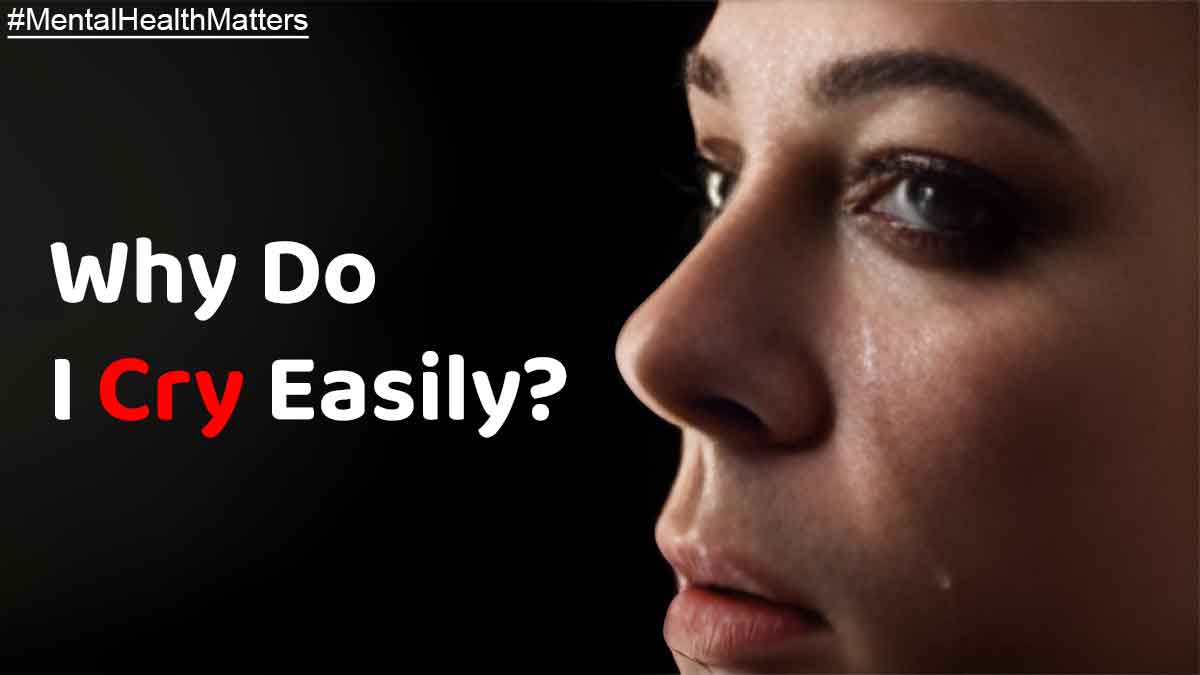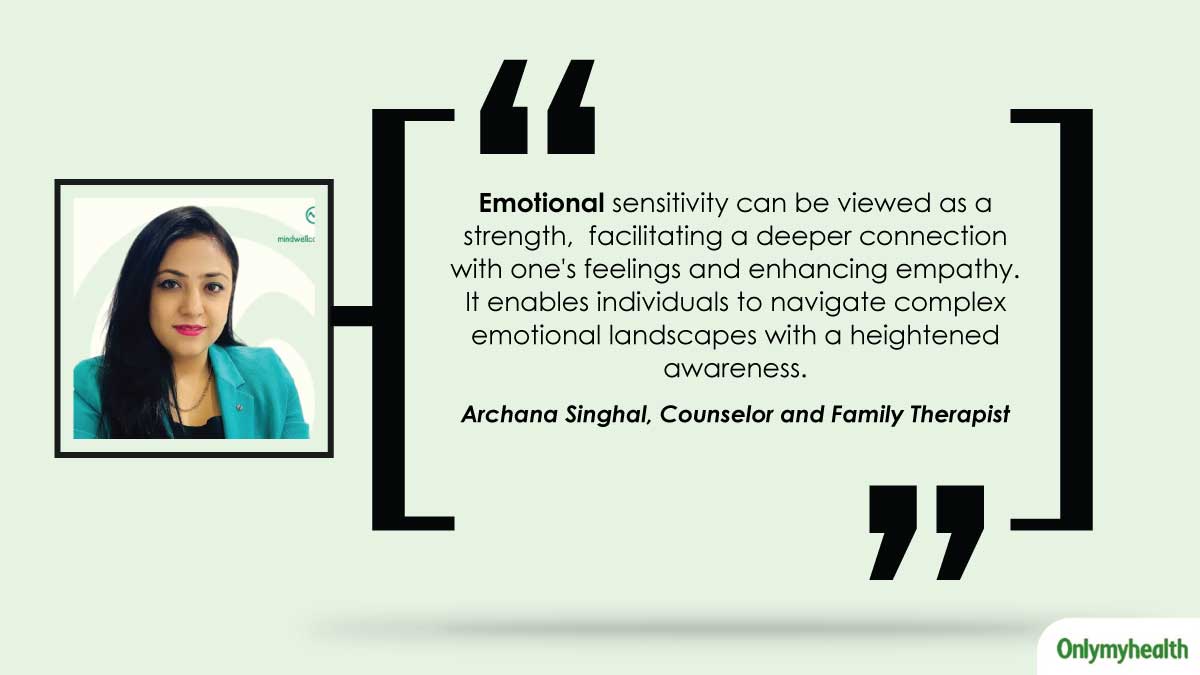
Have you been told that you’re sensitive because you cry a lot? Do even small things make you cry? You must have found yourself questioning what makes you cry so easily and what you can do about it? This week in our ‘Mental Health Matters’ series, we spoke to Archana Singhal, Counselor and Family Therapist, Delhi and Founder, Mindwell Counsel, who explained the phenomenon of crying and what causes shedding of tears.
Table of Content:-

“Crying over seemingly trivial matters is a phenomenon that often prompts questions about emotional resilience and sensitivity. Shedding tears for small things is a multifaceted aspect of emotional expression. It reflects the diverse ways individuals process and navigate their feelings”, said Singhal.
She added, “Rather than hastily labelling it as excessive sensitivity, it's crucial to appreciate the uniqueness of emotional responses.”
Reasons Behind Crying
According to HHS Public Access, the production of tears by the lacrimal apparatus without any eye discomfort has been defined as emotional crying. Additionally, it is frequently accompanied by changes in facial muscle activity, vocal expressions, and sobbing.
Singhal listed reasons behind shedding tears for small things, considering whether it is acceptable or indicative of being overly sensitive.

Emotional Individuality
“Individuals possess unique emotional thresholds shaped by personality, upbringing, and life experiences. What may appear insignificant to one person might trigger genuine emotions in another”, said Singhal.
Emotional Release
Crying can serve as a cathartic release, helping to process and alleviate emotional tension. Tears shed for small things may represent a healthy emotional outlet rather than a sign of weakness. According to the Journal of Research in Personality, your emotional condition may benefit or suffer from crying, depending on why you cry and who witnesses you cry.
Also Read: Mental Health Matters: Why Do I Feel Sad All The Time?

Sensitivity as a Strength
Emotional sensitivity can be viewed as a strength, facilitating a deeper connection with one's feelings and enhancing empathy. It enables individuals to navigate complex emotional landscapes with a heightened awareness.
Societal Perceptions
Societal norms often dictate that displaying emotions, especially for minor reasons, is a sign of weakness. However, challenging these norms is essential to fostering a more inclusive understanding of emotional expression.

Relationships Dynamics
“Emotional disparities in relationships are common and can be a source of tension. Understanding and respecting varying emotional styles contribute to healthier connections”, highlighted Singhal.
Also Read: Mental Health Matters: Expert Explains Why We Overreact To Small Things And How To Deal With It?
Coping Mechanisms
Crying for small things might be a coping mechanism, allowing individuals to process and cope with stressors. It becomes a way to manage overwhelming emotions and find emotional balance.
According to Harvard Health Publishing, crying may indicate a problem, particularly if it occurs frequently, uncontrollably, or without obvious cause. It can also become an issue when crying starts to interfere with everyday activities. On the other hand, even when they feel like it, some individuals with specific types of severe depression may find that they are unable to cry.
Bottomline
Singhal concluded, “Emotional sensitivity can be a source of strength, contributing to personal growth and more profound connections in relationships. As we redefine societal perceptions surrounding emotional expression, acknowledging and embracing these individual differences becomes essential for a more compassionate and understanding society.”
[Disclaimer: This article contains information provided by a registered expert and is for informational purposes only. Hence, we advise you to consult your expert if you are dealing with any mental health issues.]
Also watch this video
How we keep this article up to date:
We work with experts and keep a close eye on the latest in health and wellness. Whenever there is a new research or helpful information, we update our articles with accurate and useful advice.
Current Version